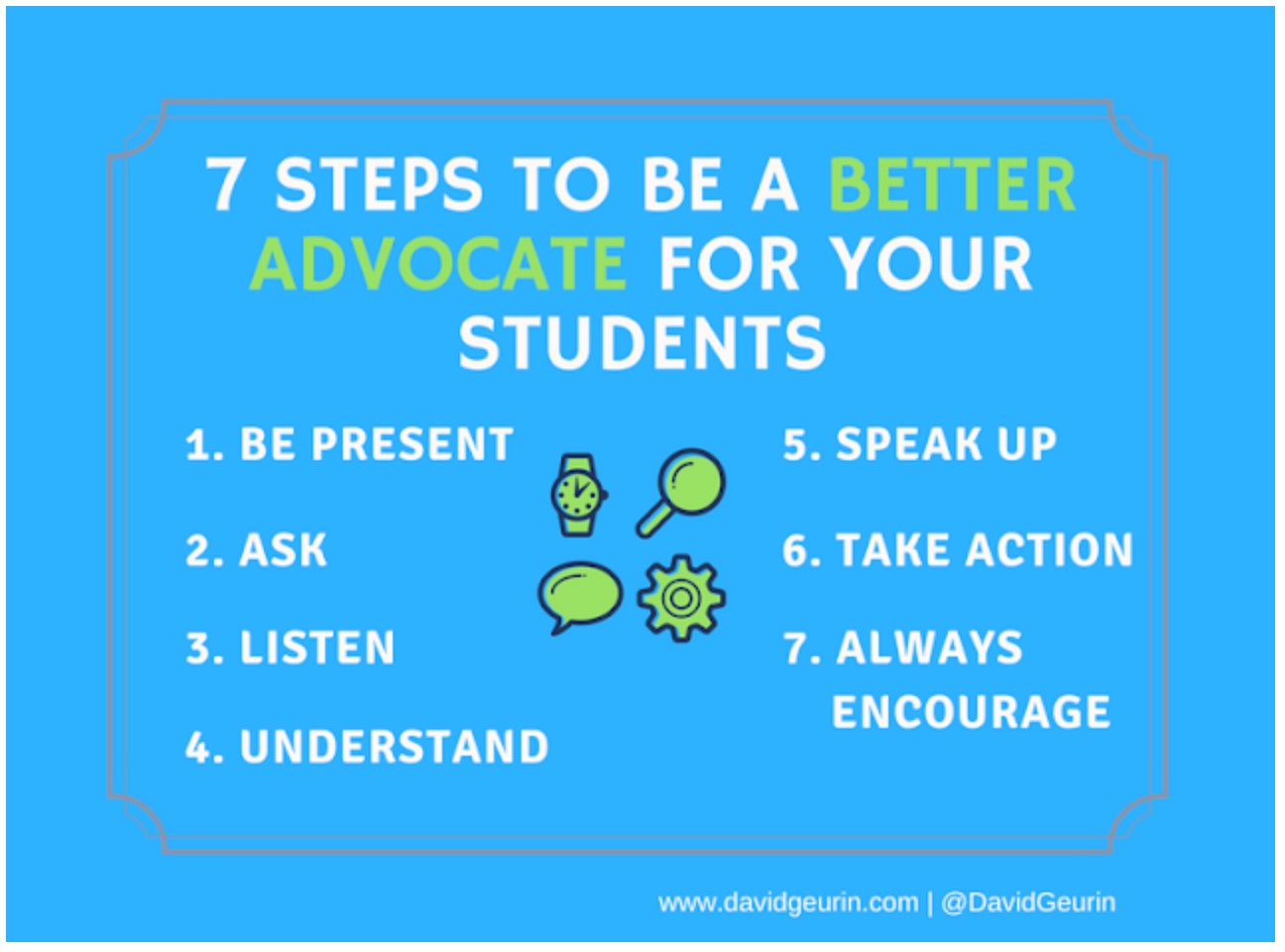
As a teacher, your job goes far beyond teaching lessons and grading papers. Every day, you see firsthand when students struggle or need extra support. Speaking up for these students- commonly known as advocacy- can truly change their educational journey and future success.
But here's the challenge: how to advocate for students without losing your job? You need careful thought and planning. You need strategies that work without causing problems for your career or relationships at school.
The good news? It is possible to be a powerful voice for your students while staying professionally secure. This blog will guide you on how.
Why Speaking Up for Students Matters Now More Than Ever
Modern classrooms include students with many different needs and backgrounds. Some face learning challenges, some come from unique cultural backgrounds, and so on. No matter the reason, every student should get an equal chance to do well in school.
Research shows that students who have someone fighting for their needs tend to do better on tests and assignments, feel more connected to school, build important social skills, and develop confidence that helps them beyond the classroom. By speaking up for your students, you create a classroom where everyone can grow and learn.
7 Ways to Advocate Without Putting Yourself at Risk
Educators who completed Masters in Educational Leadership, believe that standing up for your students is necessary, but doing it wisely keeps you out of hot water. Below are some strategies to help you out:
1. Know What You Can and Cannot Do
Before speaking up, learn about the rules in your school district. Find out:
Having a strong and positive connection with your principal really helps. When your principal sees you as thoughtful and reasonable, they are more likely to back you up when you need to address student concerns. Talk with them regularly, not just when problems arise, so they know you are a team player.
2. Create Your Support Network
Teaching works better when you are not alone! Connect with other teachers who share your commitment to helping all students. Find a trusted mentor - someone who knows the school well and can give you guidance when tricky situations come up. Don't forget about other school staff too:
Being friendly and respectful to everyone builds goodwill that might help when you need support for a student. A simple 'thanks for all you do' or offering to help during busy times creates allies throughout the building.
3. Keep Good Records
When helping a student who needs extra support, write everything down. This includes:
Your notes do not need to be fancy - just clear and dated. Having this information protects you if questions come up later. It also helps you track what is working and what is not.

4. Back Up Your Requests with Facts
When asking for help for a student, bring facts, not just feelings. You might say:
Sharing real examples of what you have seen in your classroom makes your requests harder to dismiss. Decision-makers respond better to clear information than to emotional appeals.
5. Stay Professional Always
Even when you feel frustrated about a student not getting needed help, keep your cool. Avoid:
When disagreeing with someone, talk privately with them first. Try to understand their viewpoint before explaining yours. Using phrases like 'I've noticed...' or 'I'm wondering if...' sounds less accusatory than 'You never...' or 'You always...' Remember that how you advocate matters as much as what you are advocating for.
6. Balance Standing Firm and Working Together
Some situations call for taking a strong position, while others need teamwork. Knowing when to speak up and when to work together makes a big difference in standing up for your students.
For serious issues involving student safety or legal rights, you might need to be more direct and persistent. Even then, start by assuming everyone wants what's best for students - just with different perspectives on how to get there.
6. Connect with Outside Resources
Sometimes the support you need is not available in your school. Look into:
These outside connections give you fresh ideas and remind you that you are not alone in wanting to help students who need extra support. They might also provide resources or information that strengthens your advocacy efforts.
Bottom Line
Speaking up for your students is one of the most important things you do as a teacher. Educators who pursued an MA in Education with Leadership and Administration understand that a teacher's voice might be the only one some students have in the school system. Every time you advocate for a student, you are not just helping them with today's challenge. You are teaching them that they matter and deserve support. That lesson might last even longer than the academic content you teach!